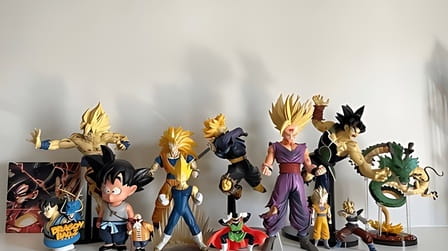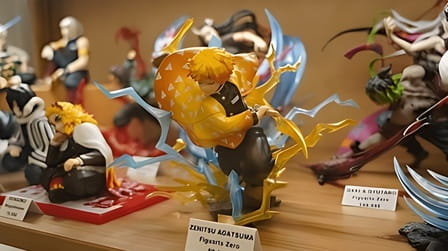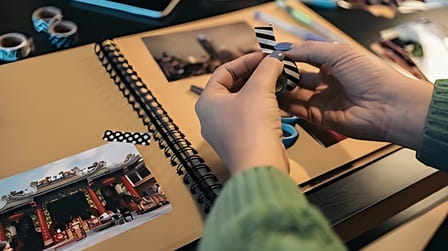Losing a child is an unimaginable tragedy that no parent should ever have to endure. When someone close to you experiences this kind of devastating loss, it can be difficult to know how to be supportive and what to give them during such a painful time. While nothing can make up for their profound grief, there are some thoughtful gifts and gestures that may bring a small bit of comfort.
Comfort Items

Memory Gifts
Creating keepsakes or memory gifts using fingerprints, footprints or a snippet of hair can be deeply meaningful for bereaved parents. Beautiful memory jewelry crafted with a thumbprint or the impression of their child's hand or foot helps keep their baby's legacy close. Planting a tree, starting a garden or dedicating a plaque in the child's name also provides an ongoing place to feel connected.
Care Packages

Books
There are many poignant books written just for grieving parents. Reading other people's stories and insights may help them cope and provide some connection. "Empty Cradle, Broken Heart" by Deborah Davis addresses grieving and contains journal exercises. The book "Pregnancy After Loss" offers guidance on coping with anxiety and fear after losing a baby. For parents grieving the loss of an older child, "Healing After Loss" by Martha Hickman can provide support.
Memory Journal

Charitable Donations
Make a donation in their child's name to a charity that has significance for them. Donating toys, books or baby items from their child to hospitals or women's shelters can memorialize their baby while helping others. Support research foundations working to prevent the kind of loss they endured or volunteer for foundations that assist grieving families. This transforms grief into a meaningful legacy of service.
Experiences

Listen
Sometimes the best gift is simply being present and listening without judgment. Don't try to find silver linings or quickly cheer them up. Becoming a safe space for them to freely share grief without expecting positivity allows healing. Saying their child's name and allowing tears is hugely comforting. Remember grief comes in waves, so periodic check-ins matter long after the loss.
While nothing can erase their anguish, these gifts communicate love and support. Offering practical help, creative keepsakes and compassionate listening eases isolation and reminds grieving parents their child remains a source of joy worth remembering. Though their world is changed forever, kindness and community make loss survivable.
Frequently Asked Questions
Is it okay to give a gift to someone who lost a child?
Yes. Though gifts can't compensate for their loss, thoughtful gestures show you care and want to comfort them in a very painful time. Simple gifts like meals, self-care items or memory keepsakes are usually appreciated.
When is it appropriate to give a gift after a child's death?
It's ideal to have gifts delivered within the first two weeks after the loss when grief is most acute. Following up with periodic gifts like on holidays or the child's birthday provides ongoing support.
What should you not give someone grieving a child?
Avoid gifts focusing only on moving forward, excessive positivity or erasing grief. Also refrain from giving clothing for the deceased child, as this can deepen pain. Gifts with time limits like flowers can unintentionally communicate their grief should be brief.
How do you help someone grieving a baby or young child?
Offer practical help with meals, chores and childcare for surviving siblings. Provide comforting items like soft blankets, candles or stuffed animals. Give keepsakes like memory jewelry or donate to charity in the child's name. Mostly listen and let them freely express grief.
What do you write in a card for someone whose child died?
Express how deeply sorry you are for their loss and that you're thinking of them. Include a favorite memory or something you cherished about their child. Affirm you are available to provide any support they need. Refrain from religious platitudes or philosophical explanations for their tragedy. Keep messages simple, loving and personal.
Conclusion
Losing a beloved child is a profound tragedy no one is ever prepared for. Though grief for a child lasts a lifetime, there are many thoughtful gifts we can give grieving parents to provide love and comfort during the darkest times, as well as creating keepsakes and legacies allowing their child's light to endure. While our words often fall short, gifts from the heart communicate the message: You are not alone. Your child remains a source of joy worth remembering.












